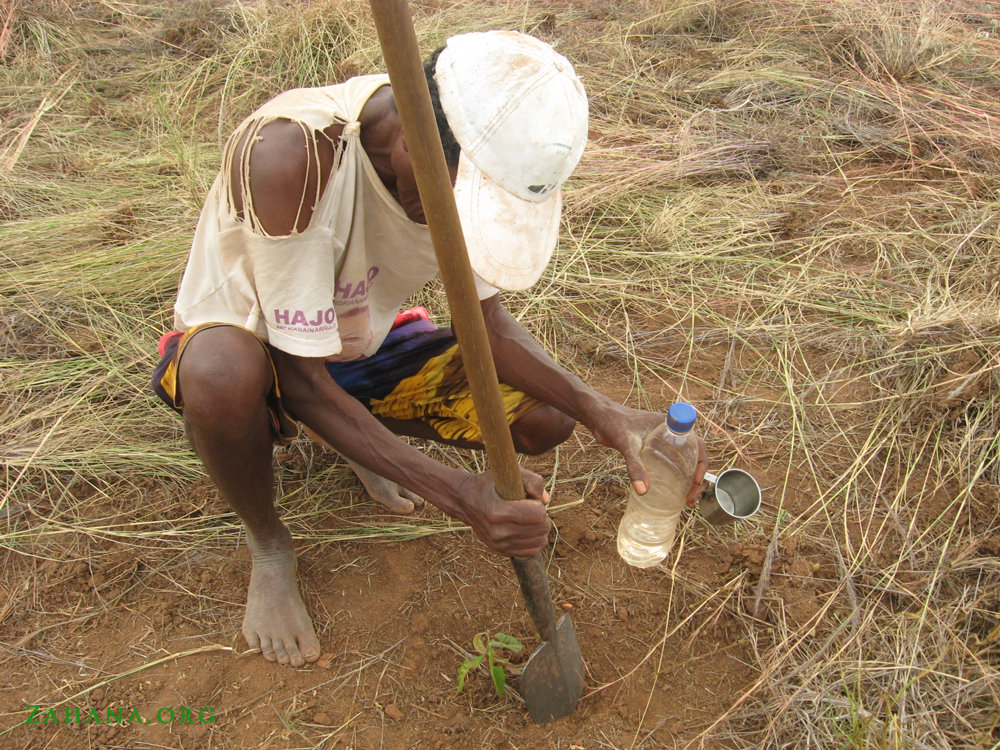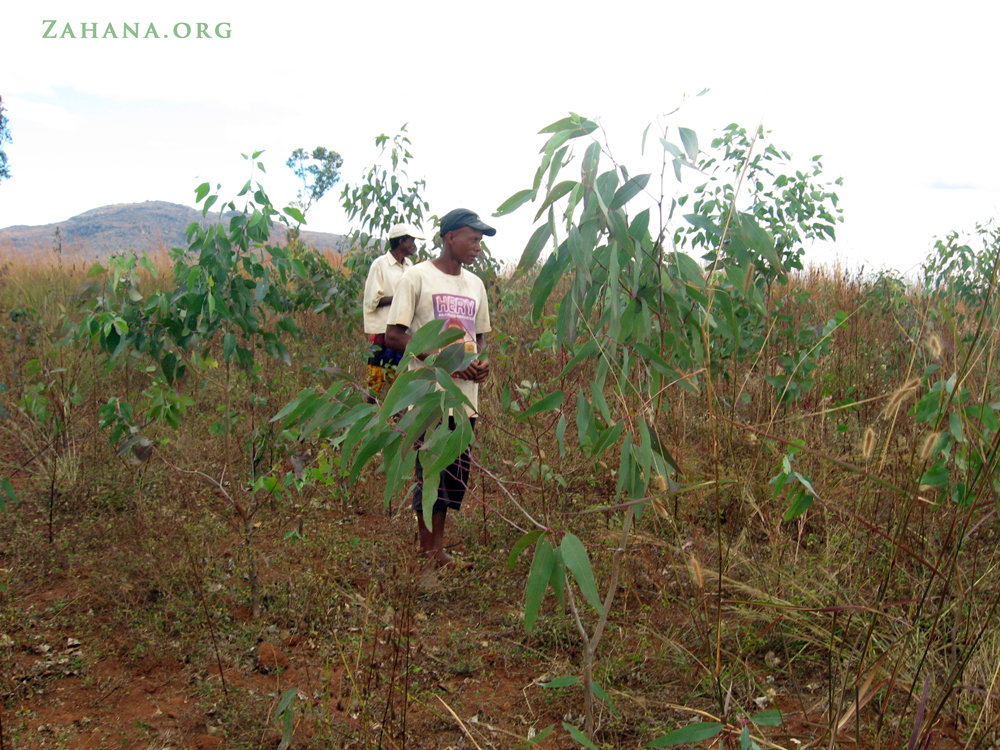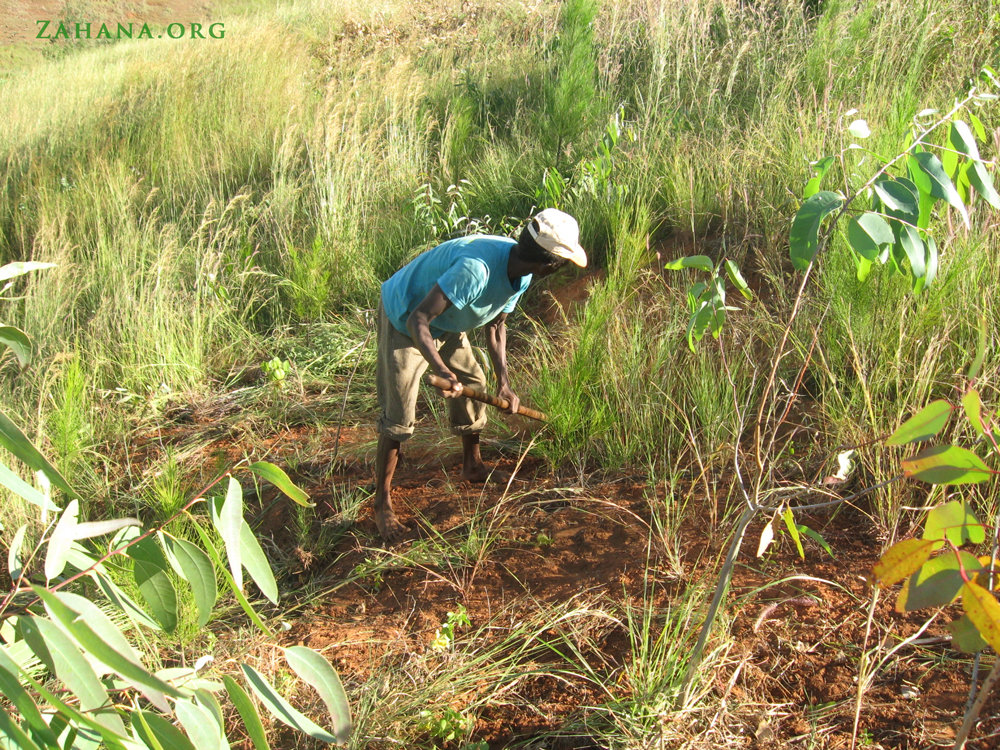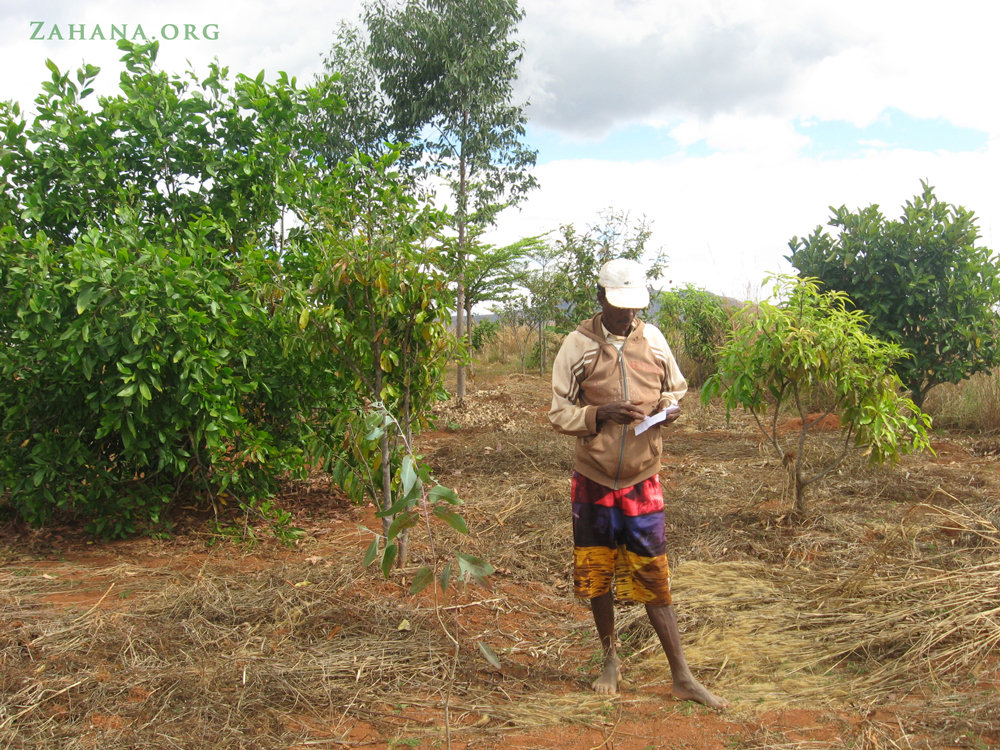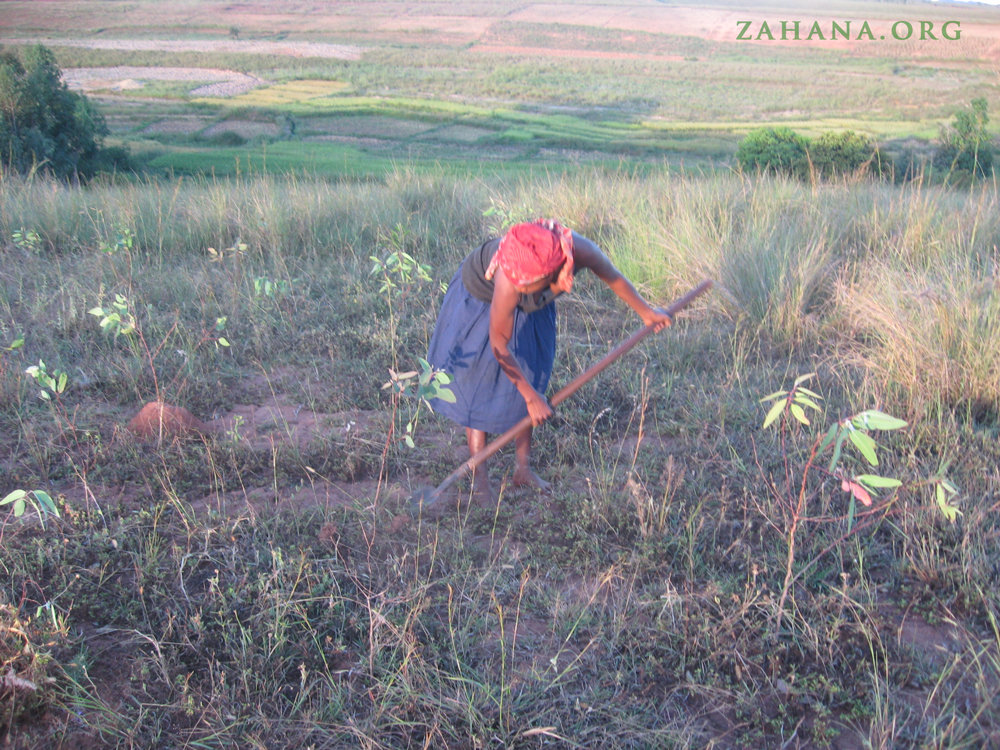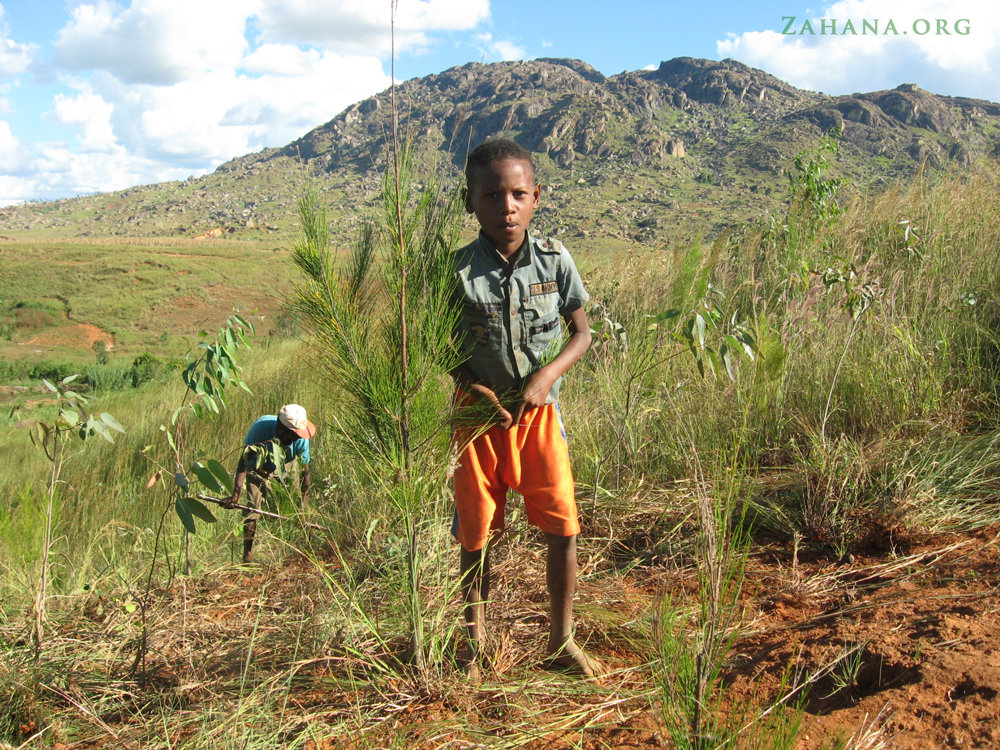By Markus Faigle | Volunteer Project Director
Here is a report direclty from the filed after a site visit in June: "All photos of the trees the community planted we sent are from Fiadanana and Fiarenana. People are very enthusiastic about the reforestation in both communities and very proudly show off the growing trees. The best assessment we can make is that all projects have been successful and that neither drought not brushfires have endangered our reforestation efforts.
You may recognize Jean our gardener from Fiarenana in some of the pictures where he shows us the tree plantings undertaken by him and the community (e.g. International Women's Day). If you look at the trees you might recognize some of the seedlings from pictures we sent over the last few years."
Best regards,
Dr. Ihanta and Markus
Links:
By Markus Faigle | Volunteer Project Director
By Markus Faigle | Volunteer Project Director
Project reports on GlobalGiving are posted directly to globalgiving.org by Project Leaders as they are completed, generally every 3-4 months. To protect the integrity of these documents, GlobalGiving does not alter them; therefore you may find some language or formatting issues.
If you donate to this project or have donated to this project, you can receive an email when this project posts a report. You can also subscribe for reports without donating.
